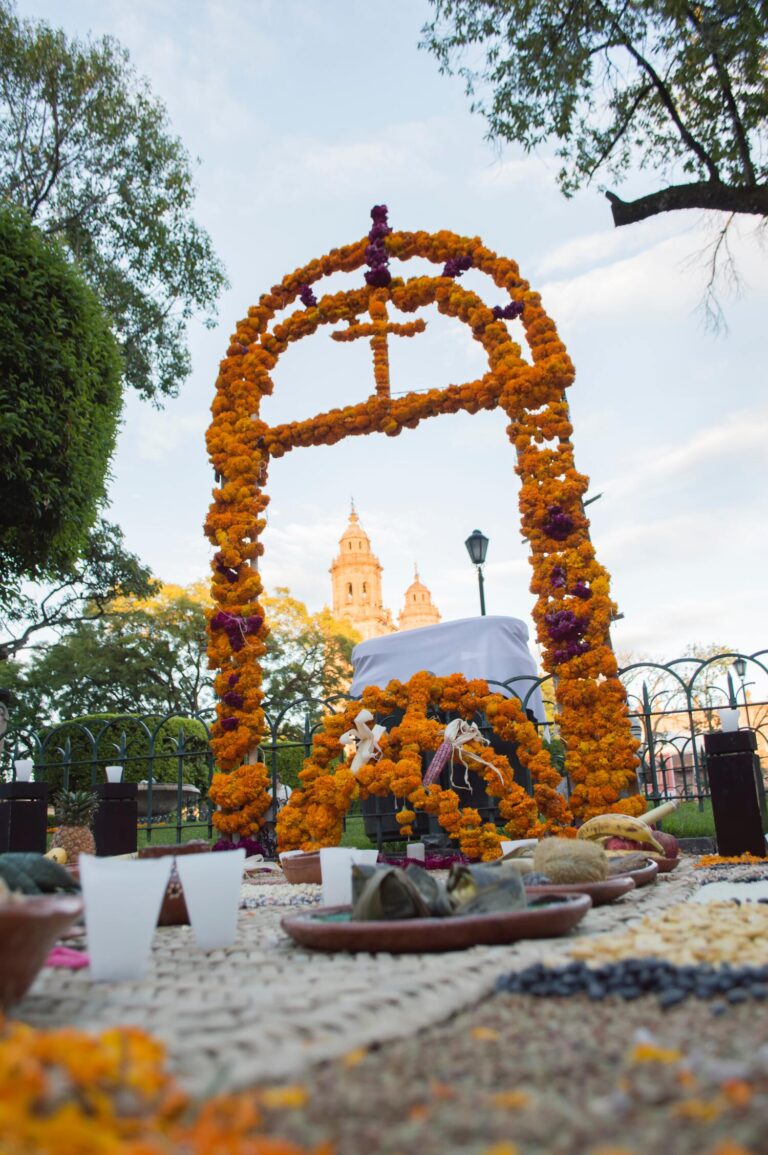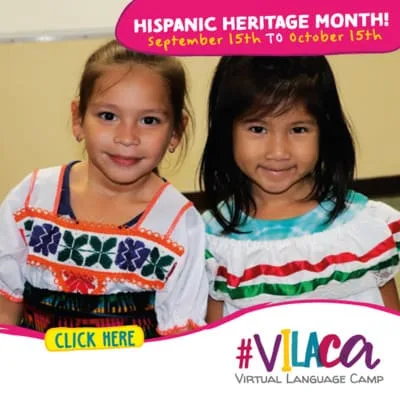Photo by Genaro Servín from Pexels
Day of the dead, or as known in Spanish Día de los Muertos, is a Mexican holiday that takes place between November 1-2. Oftentimes confused with Halloween, it is not a Mexican version of Halloween. Day of the dead is an important holiday that commemorates the lives of loved ones that have passed on. This holiday originated from ancient Mesoamerica, celebrated by the Aztec, Maya, and Toltec. After the Spanish conquest this tradition was intertwined with Spanish customs. The Spanish celebrate All Saints Day, November 1 and All Souls Day, November 2. Día de los Muertos is celebrated November 1 to remember children who have passed away and November 2 to remember adults who have passed away.
“Día de los Muertos is a day to celebrate life, not death…”
There are important components to Día de los Muertos, like ofrendas (altars), calaveras (skulls), pan de muerto (bread of the dead), caléndulas (marigolds), all of which you will always see when preparing for and celebrating this holiday. The ofrendas are the centerpiece of this celebration. These altars are built in private homes and in cemeteries. They are not for worship, instead they are made to welcome spirits back to the world of the living. Altars are filled with food, like pan de muerto, water, family photos, and a candle for each relative that has passed away. Caléndulas are the main flowers used to decorate the altar. They are scattered from altar to gravesite, the orange marigold petals guide the spirits back to their resting place. Calaveras, were used in literary humor to poke fun at the living in the 18th and 19th century and were eventually adopted for the holiday, a practise that is still used today. As a social holiday, many people dress and paint their faces like skulls. Customs and styles can vary in areas of Mexico depending on the region’s pre-Hispanic culture. Día de los Muertos is a day to celebrate life not death and is an important aspect in Mexican culture.
#DayoftheDead #DíadelosMuertos #Mexico #Altar #Marigold #Aztec #Maya
#Toltec #Sugarskull #culturalbytemonday #byteblog









